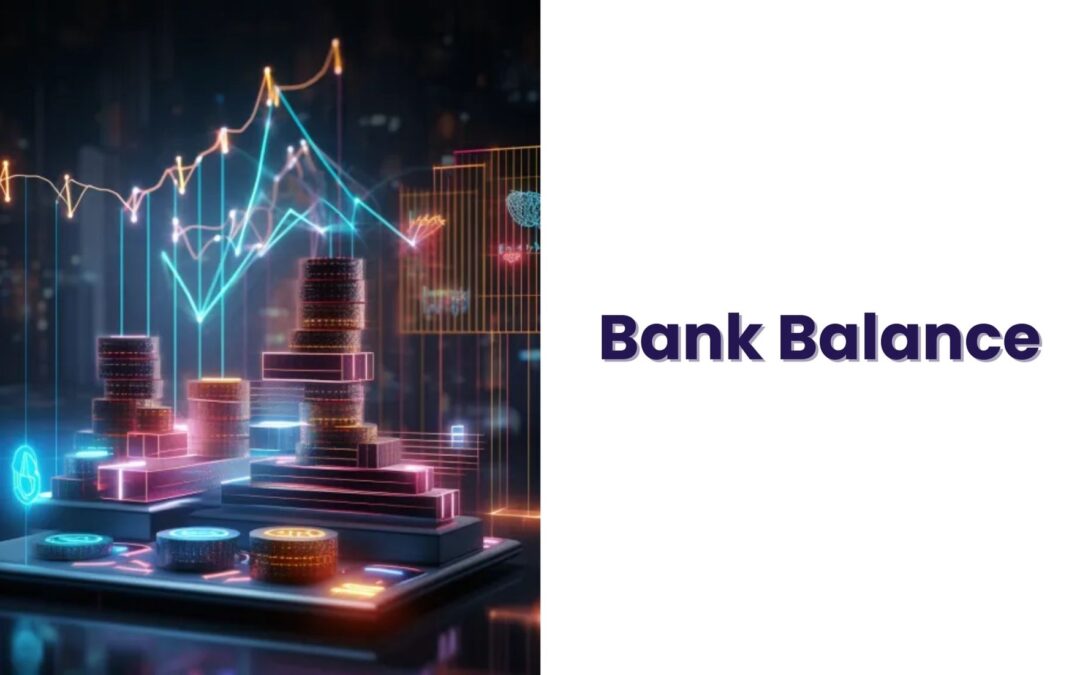Welcome to a journey of financial empowerment and wealth-building strategies! In a world where financial stability is both a goal and a challenge, this blog is your compass to navigate the path towards a healthier bank balance. We understand the importance of mastering your finances, and here, we unveil practical insights, actionable tips, and strategic approaches to transform your financial landscape.
Do you want to make your financial health better? Start saving in 24k digital gold. Download the Jar App now.
Embrace Frugality to Boost Your Bank Balance
In a world filled with financial uncertainties, mastering the art of frugality becomes paramount. By adopting smart spending habits, you can pave the way to a more robust bank balance.
Craft a Budget That Works for You
Budgeting Basics: Establishing a well-crafted budget is the cornerstone of financial stability. Allocate your income wisely to essential expenses, savings, and discretionary spending. This simple yet effective strategy ensures you’re in control of your financial destiny.
The Power of Automated Savings
Automate Your Way to Wealth: Harness the power of technology to enhance your savings game. Set up automated transfers to your savings account, ensuring a portion of your income is safely stashed away before the temptation to spend arises.
Slash Unnecessary Expenses To Increase your Bank Balance
Cutting Costs Without Sacrifice: Identify and eliminate non-essential expenses. Evaluate subscriptions, memberships, and impulse purchases that may be draining your finances. Redirect those funds towards your savings, witnessing a significant impact on your bank balance over time.
Strategic Debt Repayment For A Healthy Bank Balance
Tackling Debt Head-On: Addressing outstanding debts strategically is key to financial freedom. Prioritize high-interest debts and create a systematic repayment plan. As you chip away at your debt, you’re simultaneously liberating your bank balance from the burden of interest.
Leverage Cashback and Rewards Programs
Shop Smart, Earn Smart: Transform your everyday expenses into opportunities for savings. Explore cashback and rewards programs associated with your credit cards or favorite retailers. Every purchase becomes a step toward a more substantial bank balance.
Invest in Financial Literacy
Knowledge is Wealth: Equip yourself with financial literacy to make informed decisions about your money. Understand investment options, explore diverse income streams, and cultivate a mindset that views money as a tool for growth rather than a fleeting resource.
Conclusion
In conclusion, your bank balance is a reflection of your financial habits. By implementing these practical tips, you can shift the trajectory of your finances towards prosperity. Embrace frugality, automate savings, cut unnecessary expenses, tackle debt strategically, and leverage rewards – unlocking the path to enduring financial freedom. Remember, every small change today contributes to a wealthier tomorrow.
FAQs on Bank Balance Saving Tips
How does budgeting contribute to a healthier bank balance?
Answer: Budgeting acts as a financial roadmap, guiding individuals on how to allocate their income wisely. By categorizing expenses, including essential needs, savings, and discretionary spending, individuals gain control over their financial resources. This practice ensures that a significant portion of income is directed towards savings, ultimately boosting the overall health of one’s bank balance.
What is the significance of automated savings in financial management?
Answer: Automated savings leverage technology to streamline the saving process. By setting up automatic transfers to a savings account, individuals ensure that a predetermined portion of their income is saved before the temptation to spend arises. This proactive approach to savings fosters consistency and discipline, gradually accumulating funds and fortifying the bank balance.
How can one strategically tackle outstanding debts for financial freedom?
Answer: Strategic debt repayment involves prioritizing debts based on interest rates. By focusing on high-interest debts first, individuals can minimize the impact of accumulating interest. Creating a systematic repayment plan, allocating extra funds to debt reduction, and negotiating interest rates are all integral components of this strategy, contributing to an eventual enhancement of the bank balance.
What role do cashback and rewards programs play in expense optimization?
Answer: Cashback and rewards programs turn everyday expenses into opportunities for savings. By utilizing credit cards or participating in retailer-specific programs, individuals earn cashback or rewards with each purchase. This accumulated value can then be redirected towards savings or used to offset future expenses, offering a tangible boost to the bank balance.
How does financial literacy contribute to long-term financial well-being?
Answer: Financial literacy empowers individuals to make informed decisions about their money. Understanding investment options, exploring diverse income streams, and cultivating a mindset that views money as a tool for growth are essential aspects of financial literacy. By acquiring and applying this knowledge, individuals can make strategic financial choices, fostering long-term financial well-being and ultimately contributing to a healthier bank balance.

